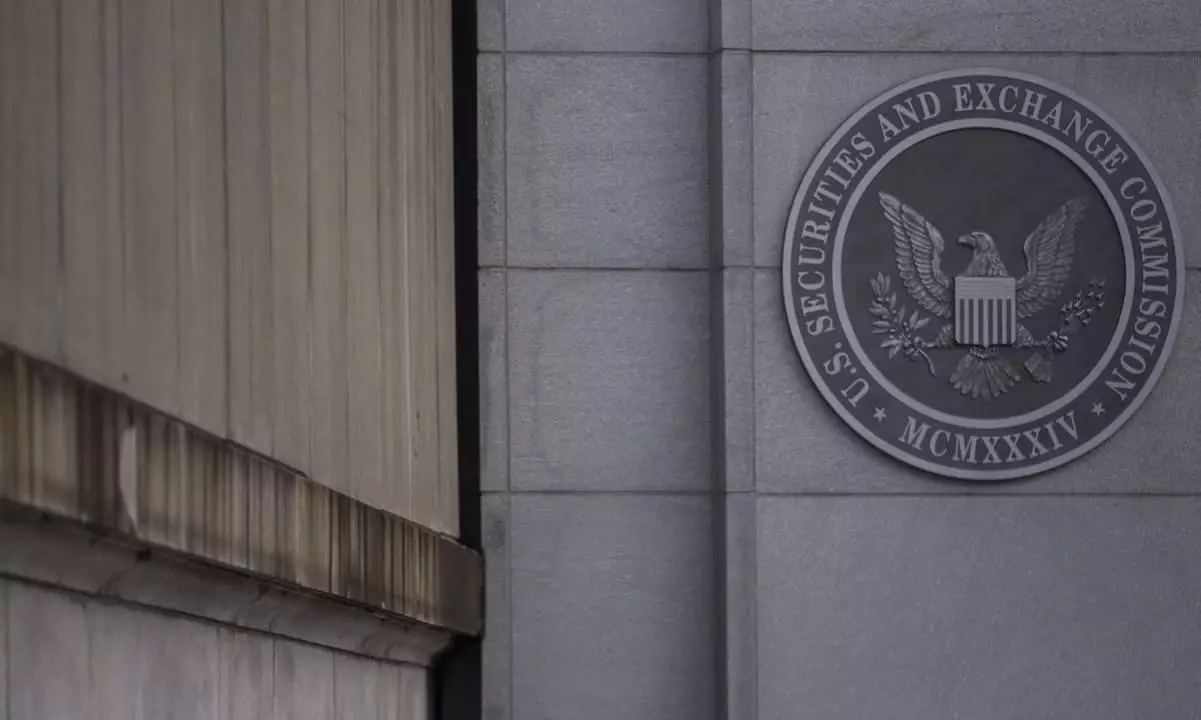In a significant shift in the United States financial services landscape, eToro, a well-known trading platform, is poised to suspend trading for nearly all cryptocurrency assets within the next six months. This decision is primarily driven by a new enforcement action issued by the Securities and Exchange Commission (SEC), which has claimed that eToro has been in violation of federal securities laws since at least 2020. The SEC’s ruling will require eToro to modify its trading offerings, allowing only a select few cryptocurrencies—namely Bitcoin (BTC), Bitcoin Cash (BCH), and Ether (ETH)—to remain available for trading.
This regulatory scrutiny is indicative of a broader trend toward increased oversight of cryptocurrency trading, as the SEC aims to protect investors amidst a rapidly evolving market.
Accompanying the operational restrictions, eToro has also agreed to pay a fine of $1.5 million as part of a settlement with the SEC. This penalty serves as both a punishment for non-compliance and a reinforcement of the need for strict adherence to federal securities laws by trading platforms. The settlement further highlights eToro’s acknowledgment of its past infractions as it seeks to align its operations with regulatory expectations.
The SEC’s press release emphasized that eToro neither admitted nor denied the allegations but chose to accept the terms of the settlement as a pathway to compliance. The Director of the SEC’s Division of Enforcement, Gurbir Grewal, remarked on the importance of the resolution, noting that eToro’s decision to remove certain tokens from its platform enhances investor protection and sets a precedent for other crypto intermediaries operating in the U.S.
One immediate effect of this regulatory decision is that eToro’s customers will be granted a mere 180 days to liquidate other affected assets still present on the platform. Should users fail to take action within this timeframe, eToro will initiate a liquidation process, returning proceeds from the sold cryptocurrencies. This timeframe presents a challenge for many traders who may now face unexpected hurdles in managing their portfolios.
Recent moves by eToro, including the prior delisting of assets such as Ripple (XRP) and Cardano (ADA), underscore the ongoing turbulence that cryptocurrency investors are experiencing as platforms navigate these regulatory waters.
Global Regulatory Landscape and Future Implications
Moreover, eToro’s challenges aren’t confined to U.S. regulations; the company is also encountering scrutiny from international regulatory bodies. Notably, the Australian Securities and Investments Commission recently sued the platform for allegedly harming investors through its product offerings.
This global regulatory landscape suggests that eToro and similar platforms must be proactive and adaptive to survive. As the SEC tightens its grip on digital asset trading, firms will likely face mounting pressure to disclose their practices and ensure they operate within legal frameworks. Investors, thus, find themselves amidst a shifting terrain of cryptocurrency regulation, which emphasizes the importance of staying informed on both regional and international regulatory changes.
EToro’s case illustrates the evolving nature of cryptocurrency regulation and the imperative for firms to adapt to maintain their operational viability. As both consumers and regulators seek greater assurances in this burgeoning market, the path ahead may be fraught with challenges, innovation, and transformation.
















Leave a Reply